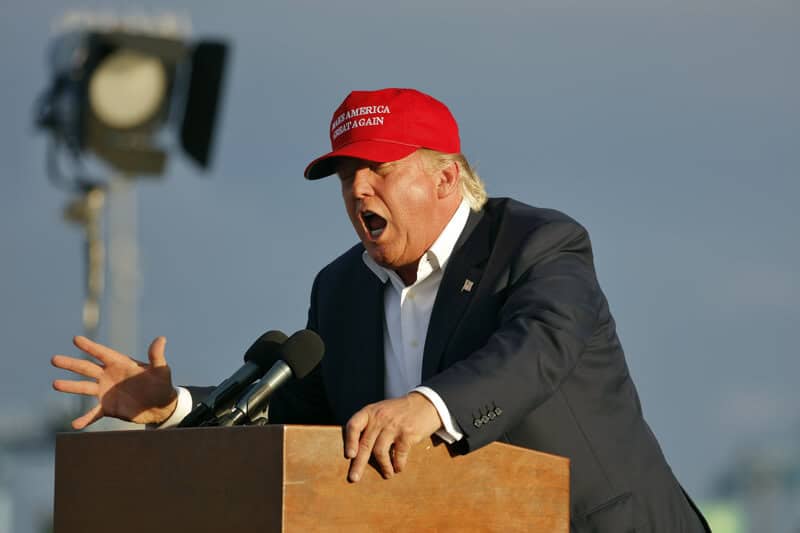Switzerland has found itself on the sharp end of Washington’s latest tariff barrage. On August 7th, a 39% levy on Swiss imports is set to take effect—one of the steepest rates imposed by the United States in a sweeping round of trade measures ordered by President Donald Trump.
The tariffs follow the expiry of a deadline for countries lacking a formal trade agreement with America. The White House’s newly published list assigns Switzerland the fifth-highest rate globally, after Brazil (50%), Syria (41%), and both Laos and Myanmar (40%). Within Europe, no country faces harsher treatment.
The move caught Bern off guard. The Swiss government had braced for a possible 31% tariff—already deemed a worst-case scenario—yet was met with an even stiffer penalty. The Federal Council expressed deep regret, but insisted it remained committed to a diplomatic resolution.
By contrast, the European Union fared far better. After receiving its own warning letter in mid-July, the bloc negotiated a compromise with Washington: a 15% tariff on most exports, down from the originally threatened 30%.
Switzerland had hoped to follow suit. Reports in the Tages-Anzeiger and Neue Zürcher Zeitung suggest that a memorandum of understanding had been drafted by early July, but never received final approval from American officials. President Karin Keller-Sutter later confirmed that her last-minute meeting with Trump failed to yield a breakthrough. “No agreement was reached,” she wrote on X.
The tariffs are part of Trump’s broader strategy to shrink America’s trade deficit and bring industrial production back home. He has also hinted at using tariff threats to extract concessions in areas beyond trade, including security.
The tariff row has been simmering since April, when Trump first floated surcharges of up to 31% on a range of trading partners. Switzerland initially faced a 10% duty—a temporary reprieve intended to allow for talks. Those talks, evidently, have now broken down.
Whether the 39% rate proves a negotiating ploy or a lasting fixture remains to be seen. If it sticks then Americans could face paying significantly more for some Swiss drugs, Switzerland’s largest export to the US.
For more stories like this on Switzerland follow us on Facebook and Twitter.

